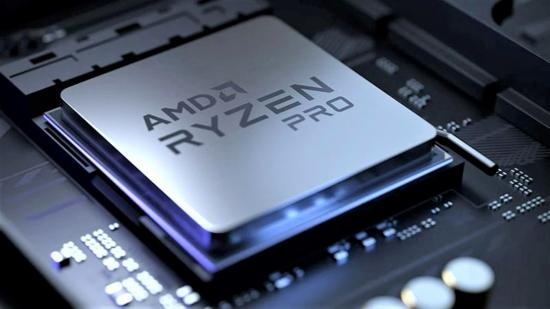The release of the Steam Deck is only a few months away, and AMD is working to ensure the portable’s Ryzen CPU shines bright. In light of this, an AMD developer has revealed that these efforts include replacing the processor’s ageing ACPI Linux driver to solve Proton related issues.
During the recent X.Org Developers Conference, AMD’s software engineer, Ray Huang shared the company’s plans to replace its Linux ACPI CPUFreq driver used on all Intel and AMD processors. The developer also disclosed that the driver isn’t currently playing nice with games using Valve’s Proton compatibility layer, which could prove detrimental to the Steam Deck’s stability. Naturally, this is something that AMD and Valve want to avoid, as it could hamper the Steam Deck’s ability to provide a seamless portable gaming PC experience.
It’s worth mentioning that the CPUFreq driver has been around since the dawn of Intel’s Core CPU line, so it’s easy to see why it’s struggling to keep up in 2021. Essentially, the primitive software component isn’t able to fully embrace the abilities of AMD’s Ryzen CPU, which leads to less than desirable performance and power efficiency.
Thankfully, AMD’s new CPPC driver already goes above and beyond its predecessor. In initial tests, the new utility has apparently boosted the performance of the Ryzen 7 by 10-25%. The driver also keeps idle core clock speeds at 400mhz when Horizon Zero Dawn is locked at 60fps on a Ryzen 7 Pro. This is a significant improvement over AMD’s old ACPI component, which was only able to keep the same cores at 3.8GHz.

AMD’s shiny new CPU software is still early in development, meaning there’s no release date just yet. The company says it’s currently working on integrating the driver into the official Linux kernel, so we’ll need to wait and see whether it’ll be ready in time for the Steam Deck’s arrival
